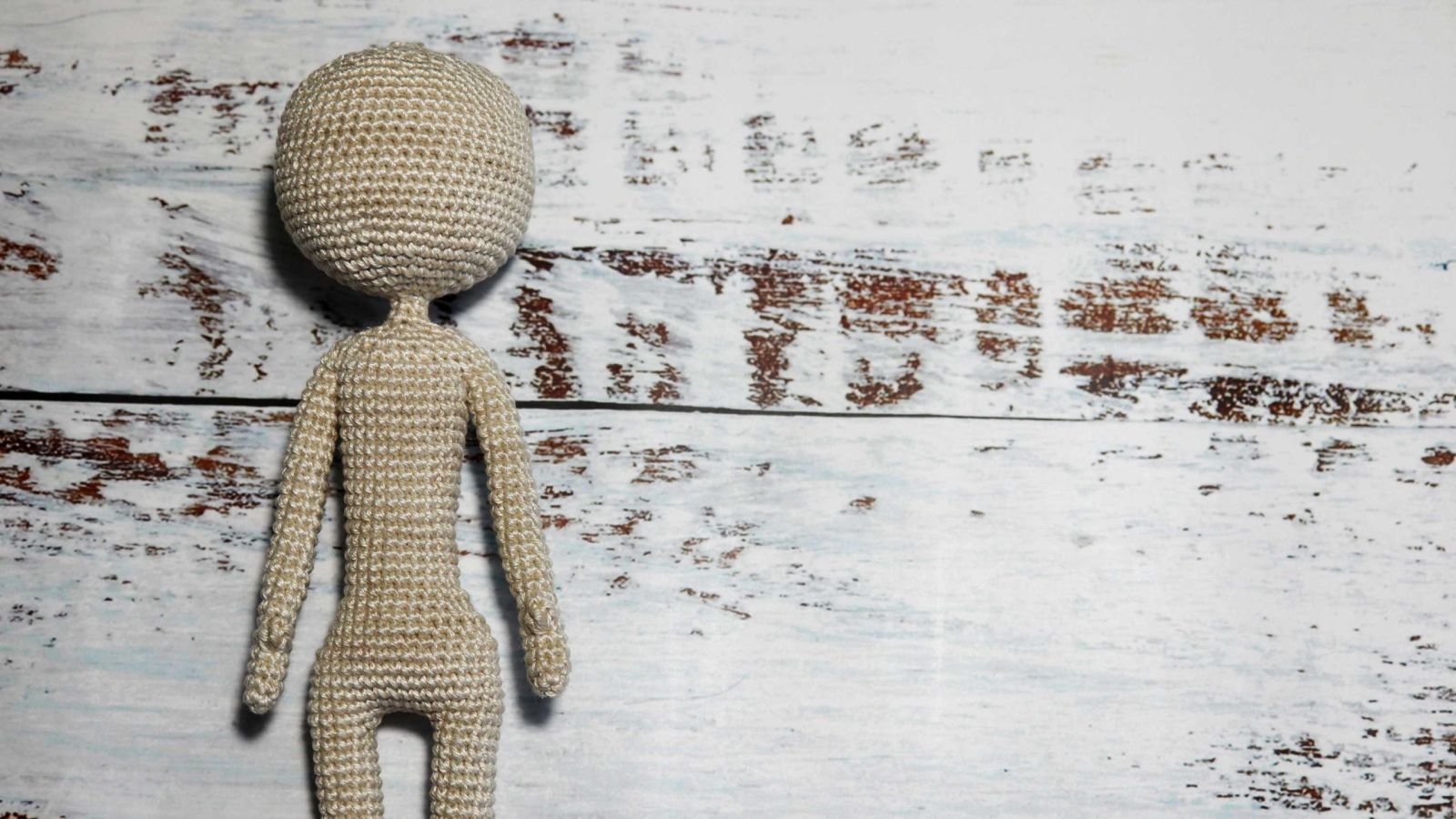The Expiation of Minor Sins by Engagement in Acts of Worship
Imām ʿAbd al-Raḥmān ibn Nāṣir al-Saʿdī


Narrated by Abū Hurayrah (رضي الله عنه) who said: The Messenger of Allāh (صلى الله عليه وسلم) said: “The five prayers, one Friday prayer to another, and one Ramaḍān to another, are all means of expiation for what occurs between them, provided the perpetration of major sins are avoided.” Narrated by Muslim.1
Imām ʿAbd al-Raḥmān ibn Nāṣir al-Saʿdī (d. 1391 AH) comments:
This ḥadīth proves the magnanimity of Allāh’s blessings and generosity as demonstrated by the favour He has shown these three acts of worship, proving that they occupy an elevated station with Allāh, the fruits of which are countless, far above enumeration.
From among these fruits is that Allāh has made these acts a means by which the religious Islamic life of His servants find completion. He has made it a means by which their īmān is increased, its tree watered. For indeed, Allāh has planted the tree of īmān within the hearts of the believers; its size is dependent upon the īmān they possess. Then He has, out of His courteousness and bestowment of blessings, divinely decreed obligatory and recommended acts which water that tree and facilitate its growth. Ridding it of its ailments such that it finds increasing perfection, bearing fruits constantly by the Leave of its Lord, while negating the blight that may affect it.
For the harm caused by sins is great, and its diminishing effect upon īmān is well-known.
Thus, these three farḍh acts of worship—provided a servant avoids the perpetration of major sins—are a means by which Allāh forgives minor sins and misdeeds. This represents the greatest actualisation of the saying of the Most High:
إِنَّ الْحَسَنَاتِ يُذْهِبْنَ السَّيِّئَاتِ
“Verily, the good deeds remove the evil deeds (i.e. small sins).”
(Hūd, 11:114)
Just as Allāh, out of His courteousness, has made the simple avoidance of major sins a means by which minor sins are expiated. The Most High said:
إن تَجْتَنِبُوا كَبَائِرَ مَا تُنْهَوْنَ عَنْهُ نُكَفِّرْ عَنكُمْ سَيِّئَاتِكُمْ وَنُدْخِلْكُم مُّدْخَلًا كَرِيمًا ﴿٣١﴾
If you avoid the great sins which you are forbidden to do, We shall remit from you your (small) sins, and admit you to a Noble Entrance (i.e. Paradise)
(al-Nisāʾ, 4:31)
As for the major sins, sincere repentance is a requirement for their expiation.
We may also deduce from this ḥadīth that all passages that mention the expiation of sin by means of some actions of righteousness are all referring to minor sins. This is because if these great actions of worship do not expiate major sins, what can we logically conclude regarding acts of worship that are less magnanimous than the ones mentioned here?
Also, the ḥadīth is explicit in dividing sin into two categories: major and minor. There is a great amount of discourse surrounding the difference between the two. However, the best of what has been said on the subject is: major sins are those which have a legislated punishment in this life, or a specific threatened punishment in the hereafter, or its perpetrator has been cursed, or specified as being deserving of anger or the likeness of this, while minor sins are inclusive of all other misdeeds besides these acts.
Or it may be said: Major sins refer to an end goal that is itself prohibited while minor sins are the prohibited acts that are a means towards that end. For example, a prohibitive means could be in the form of an unlawful gaze whilst being alone with a strange woman. The major sin in this example would be in the form of the act of fornication itself. Or the way delayed usury leads to real-time usurious transactions. And other actions similar to this.
And Allāh knows best.
Endnotes:
[1] Authentic: narrated by Muslim: 233.
Source: Bahjah Qulūb al-Abrār: 73-74
Translated by: Riyāḍ al-Kanadī

















